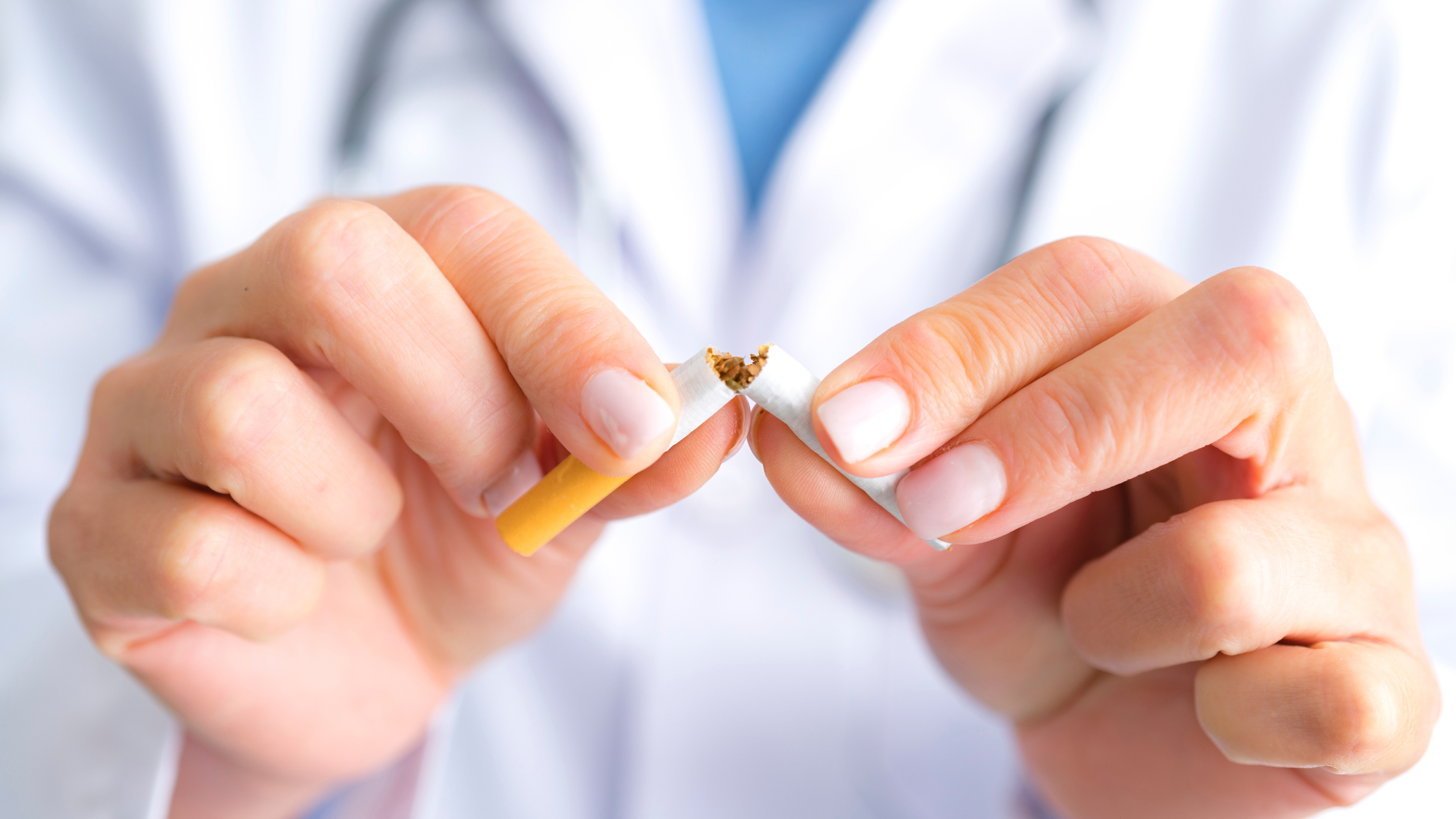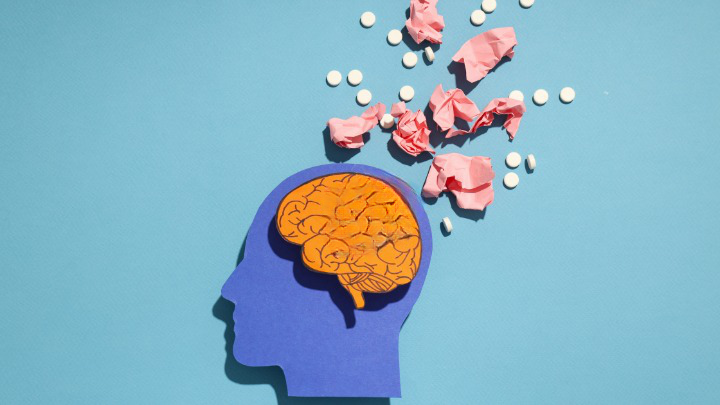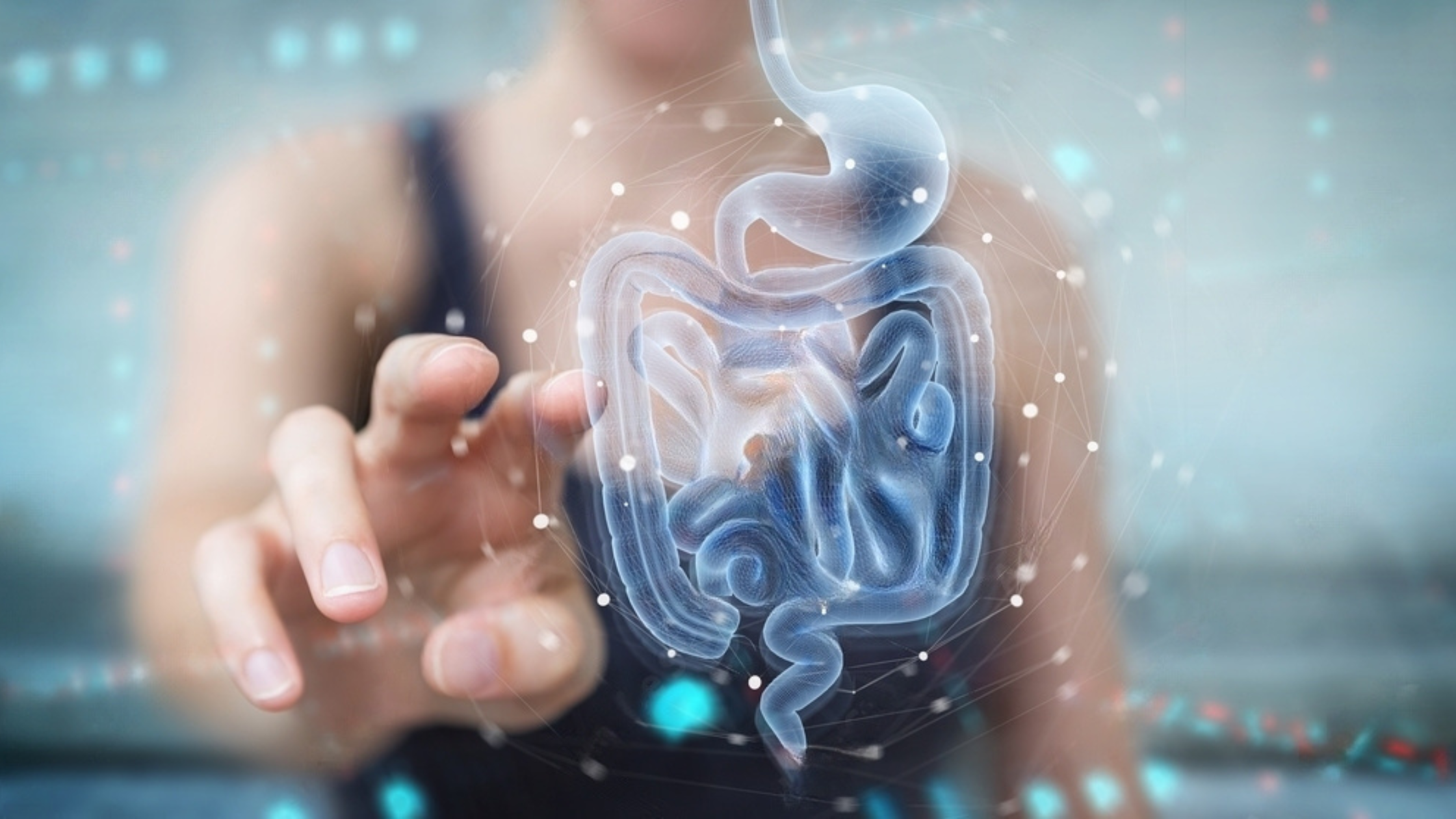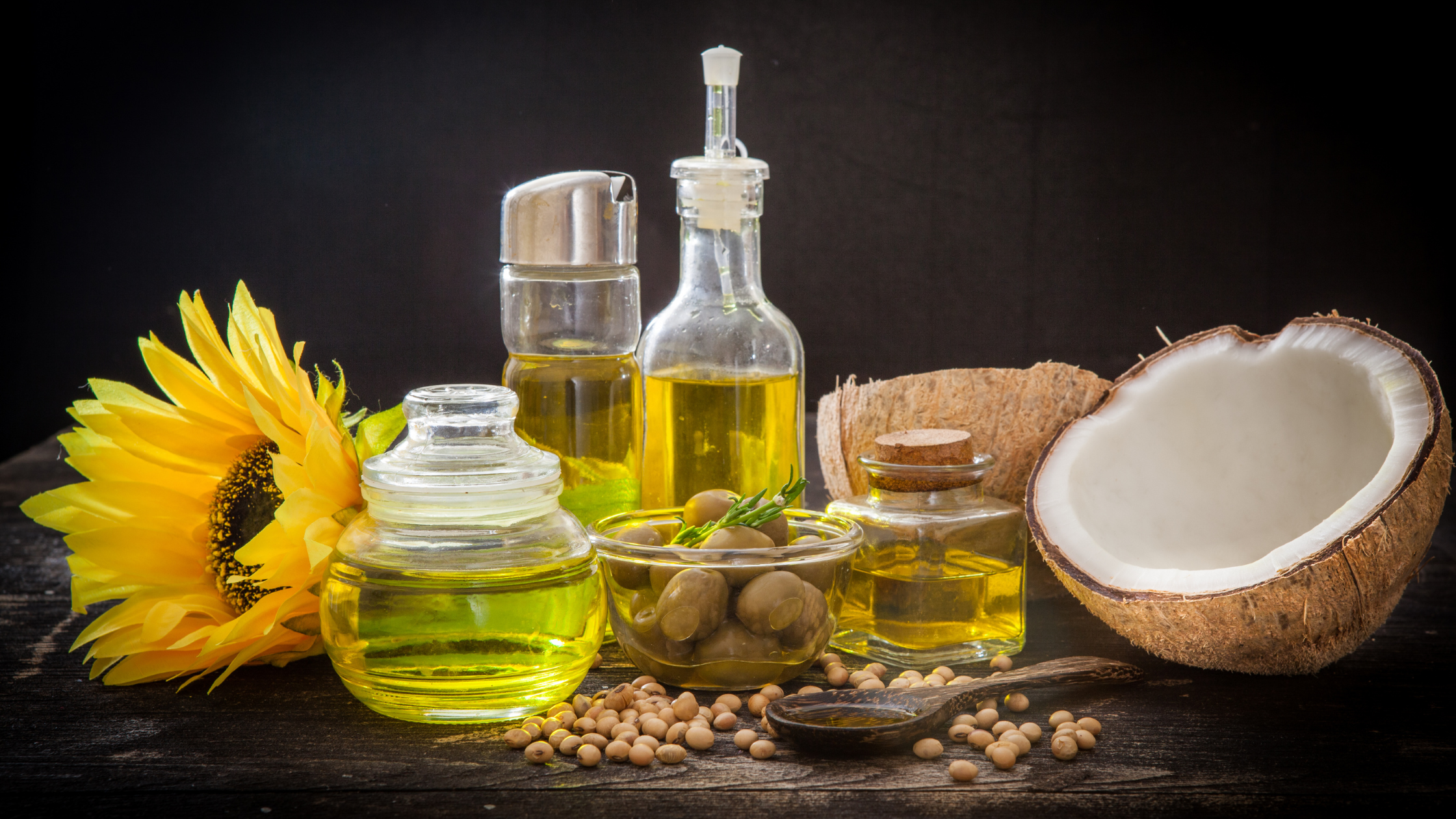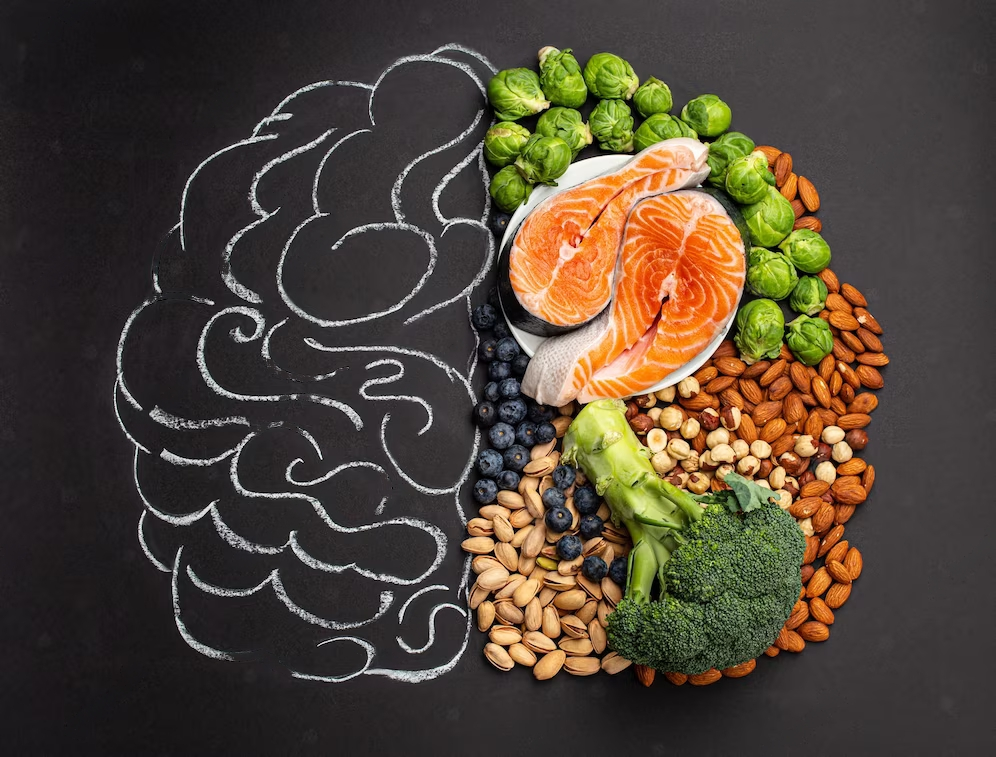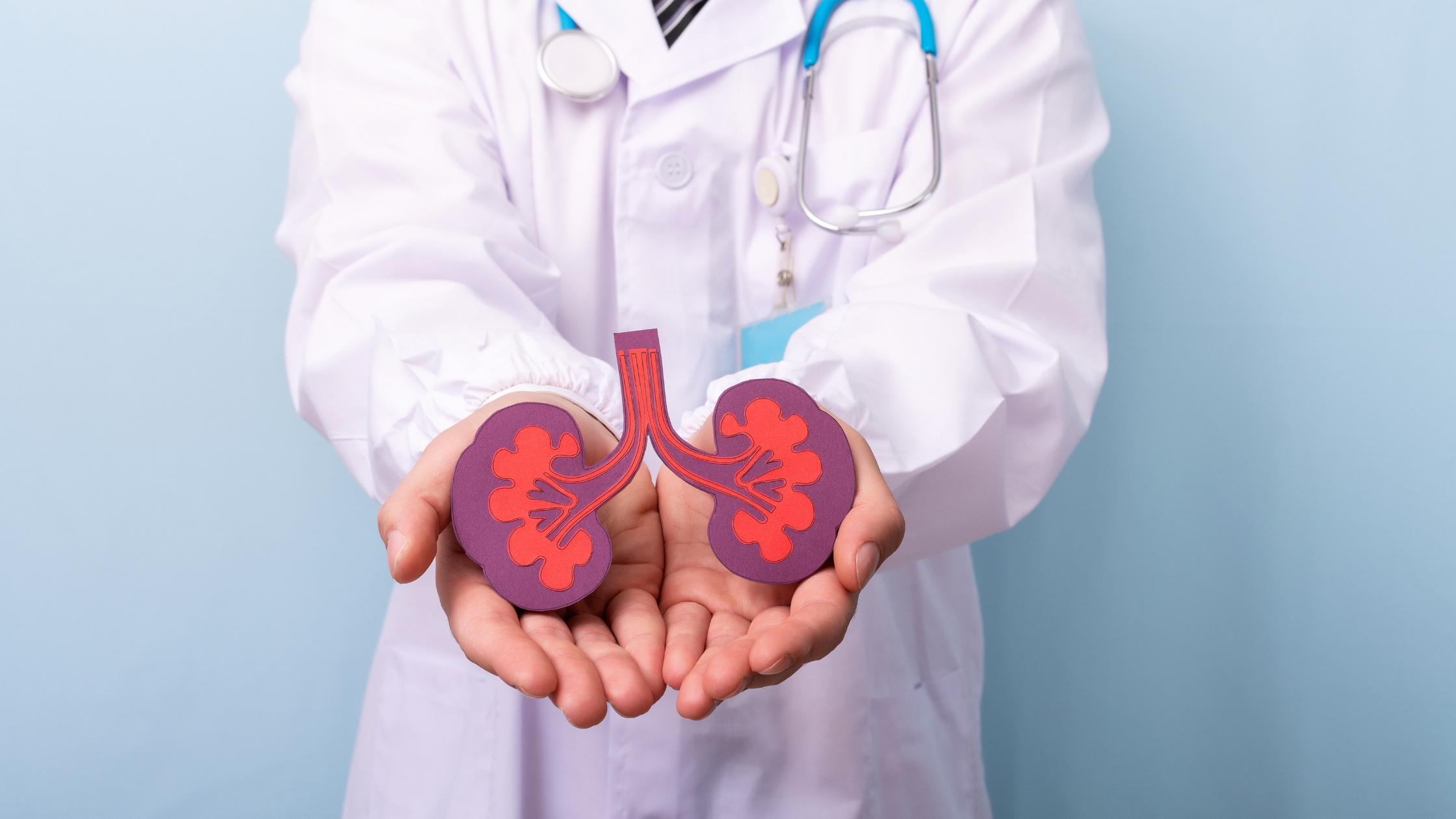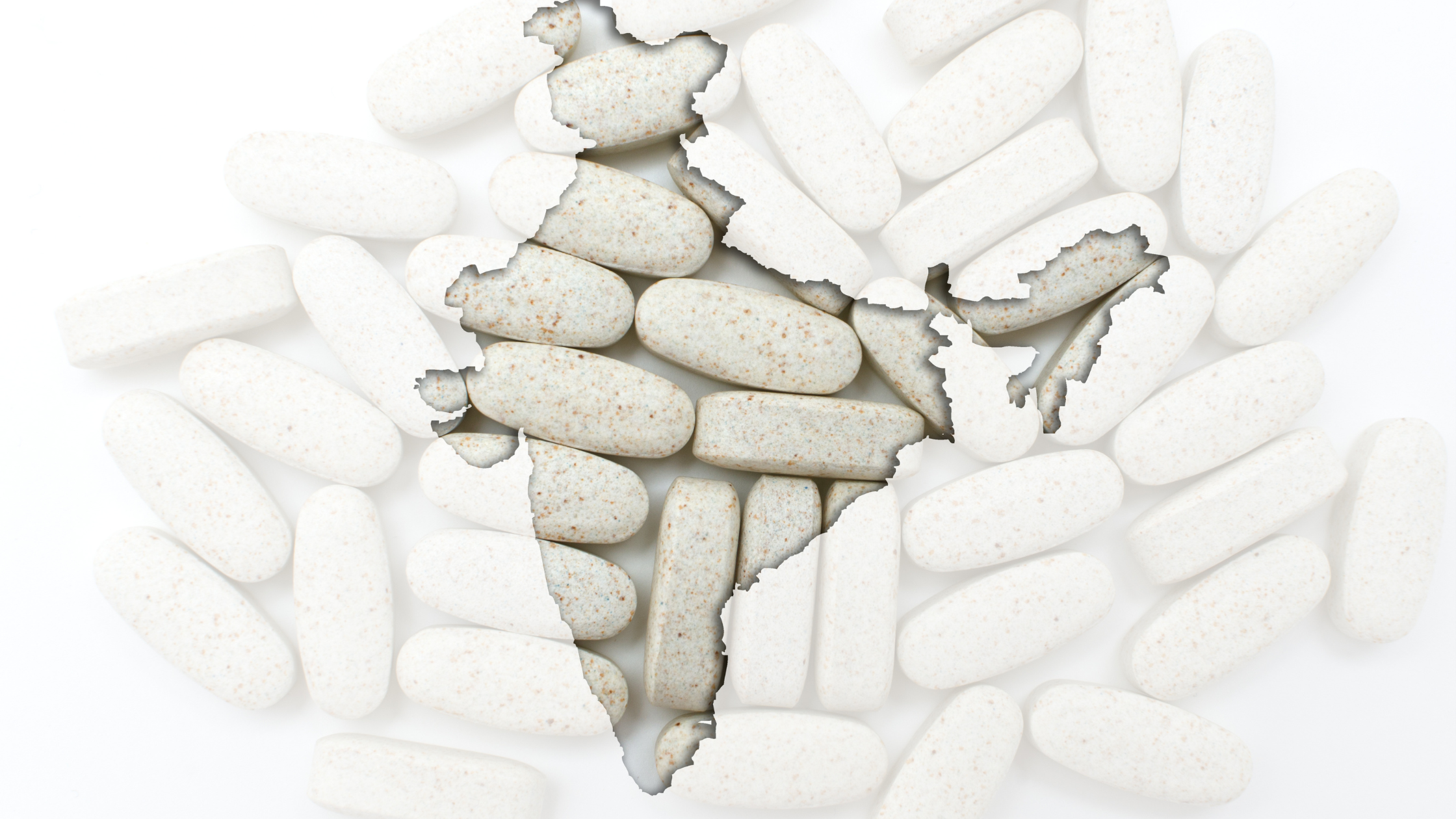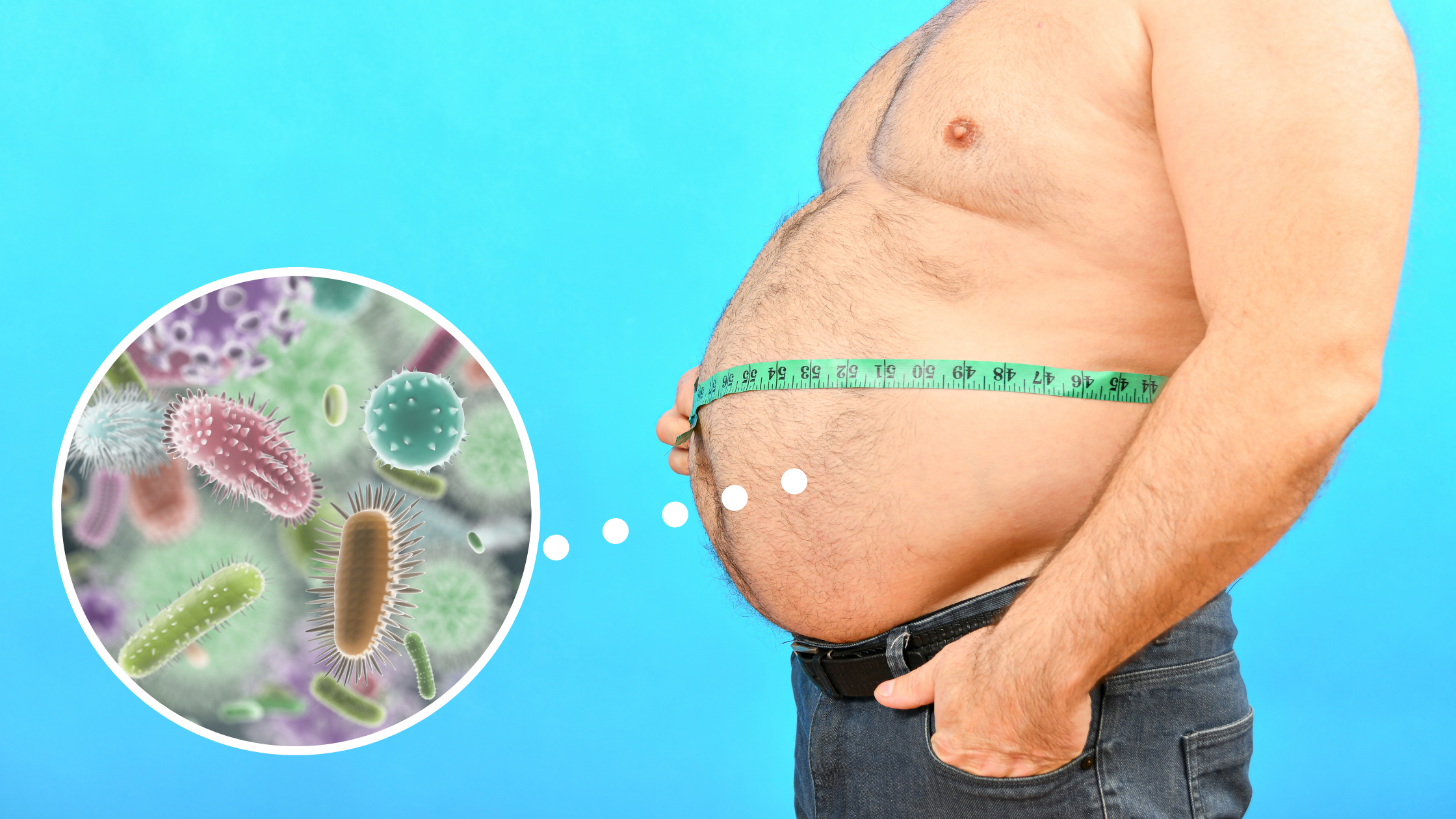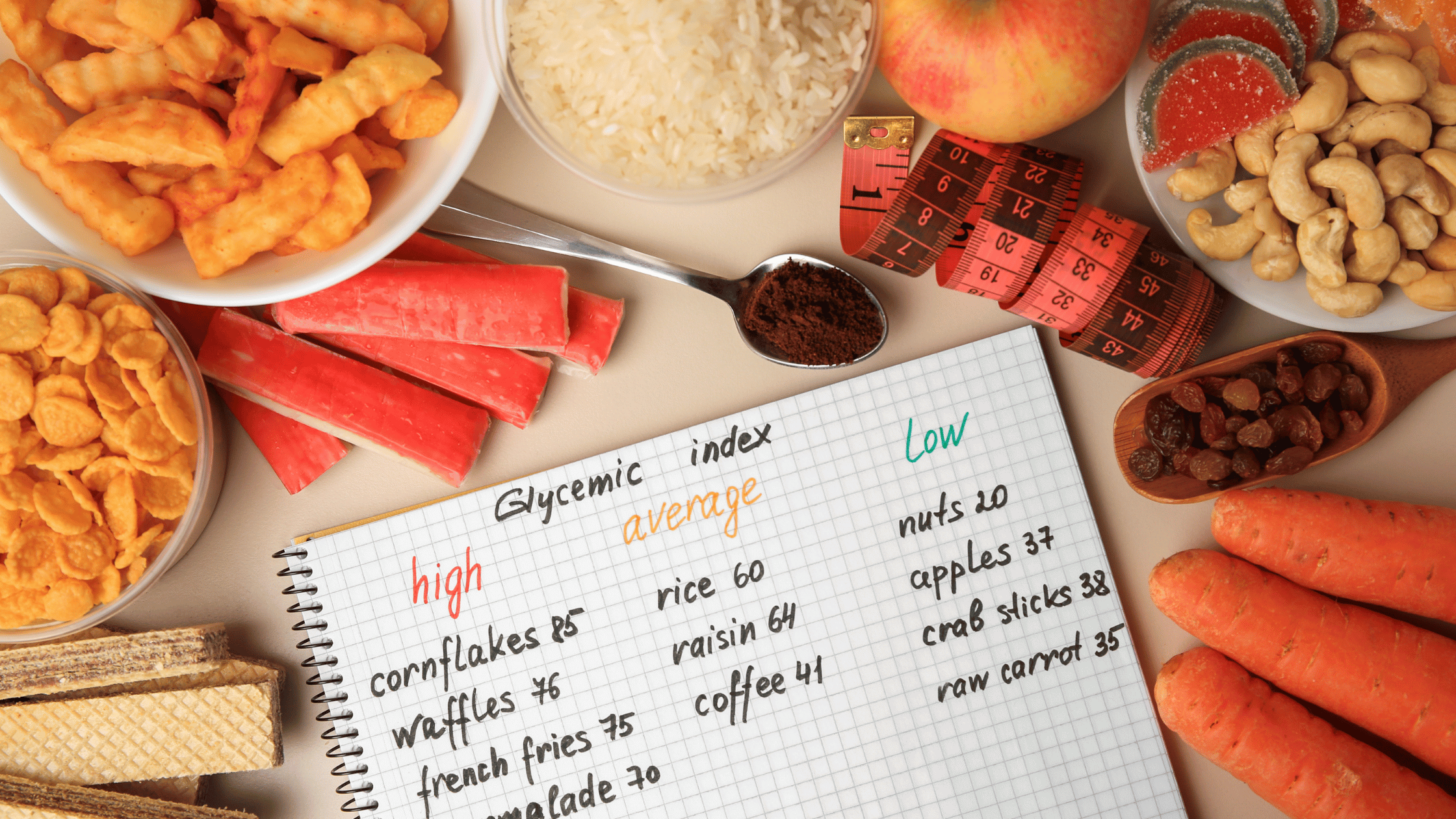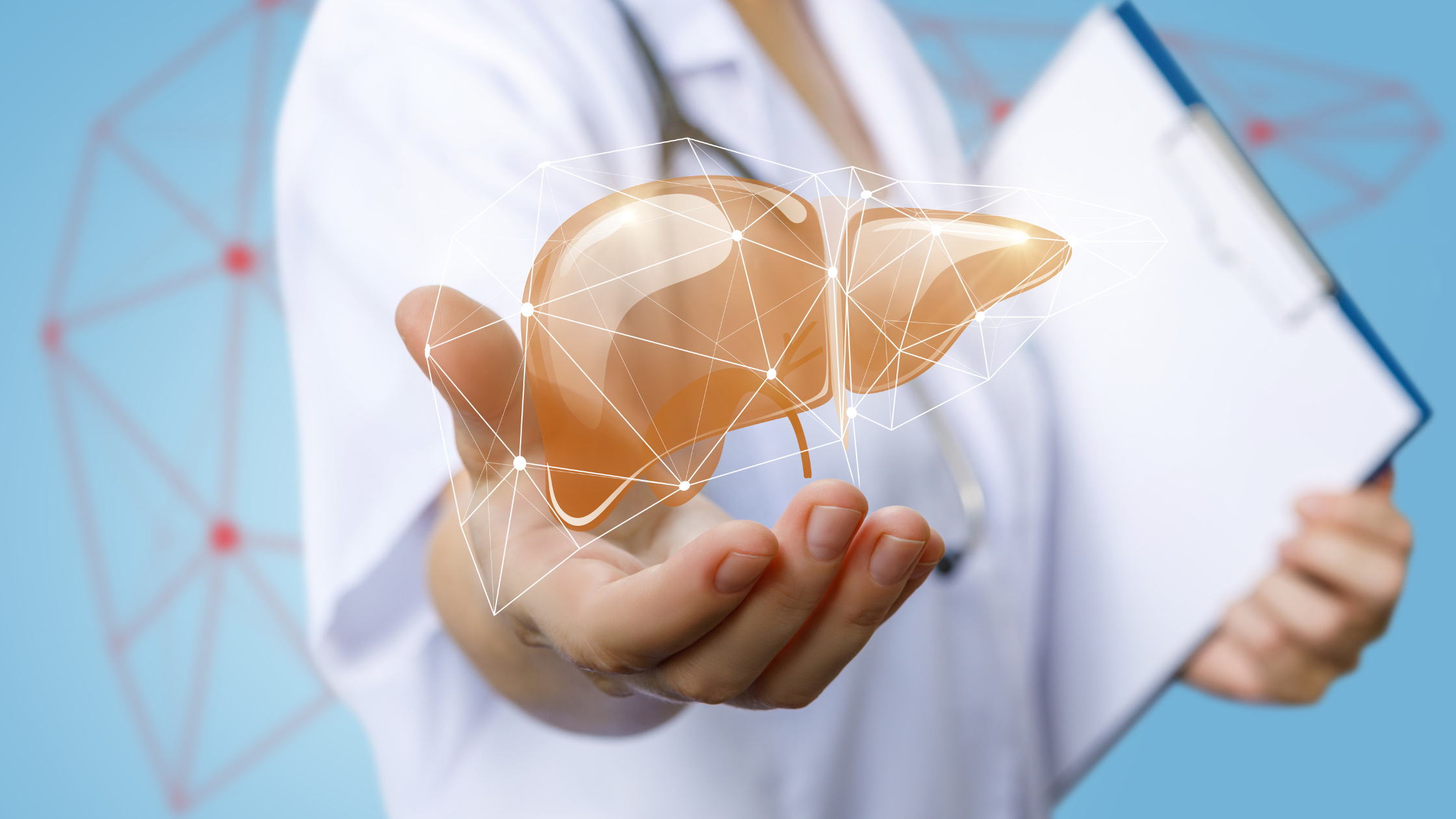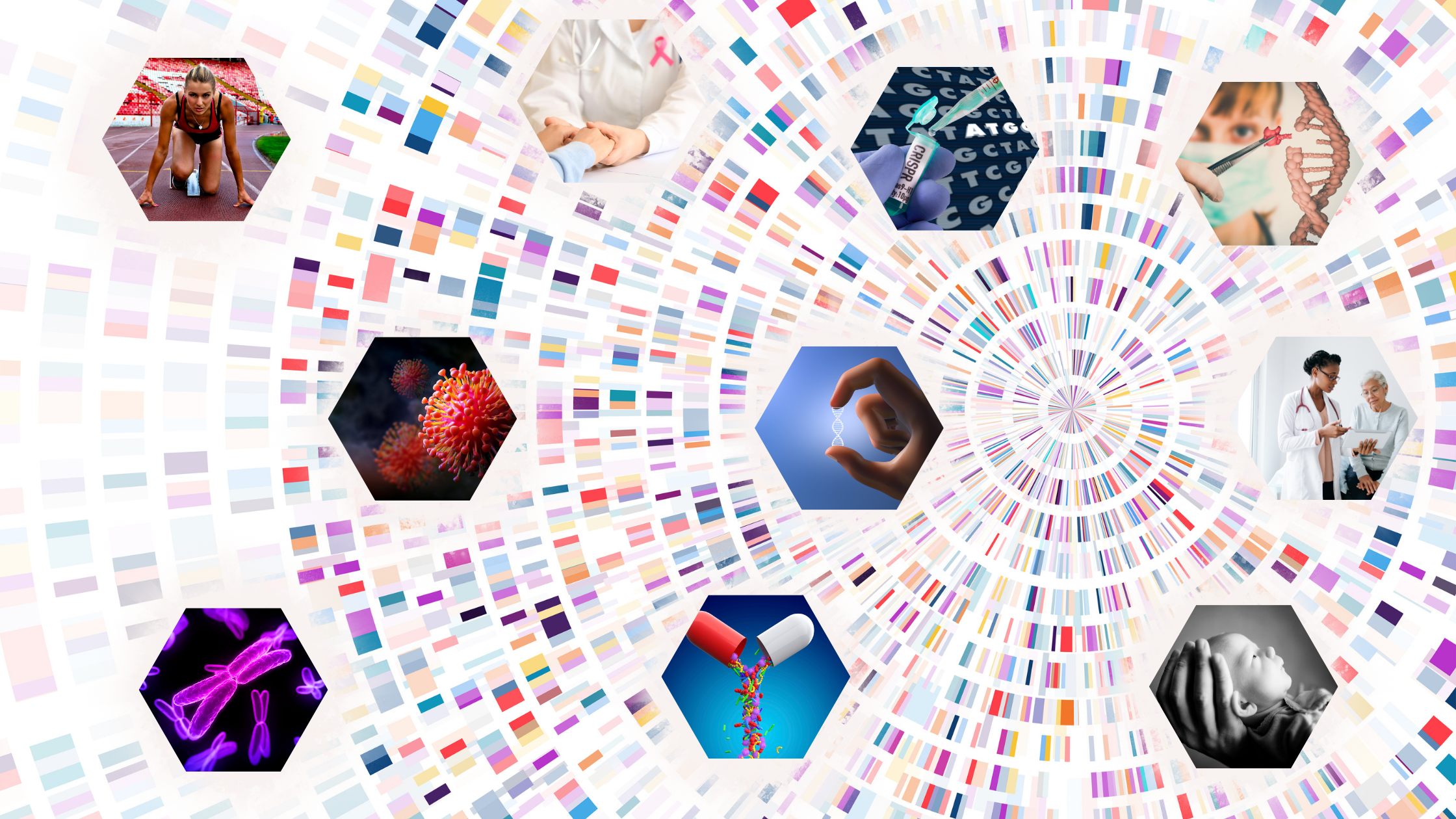Nutrigenomics: Arsenal For Men’s Hormonal Health

Hormones play a crucial role in maintaining overall health and well-being in men. However, imbalances in hormone levels can lead to various health issues, including gynaecomastia, low testosterone, and infertility. Recent scientific evidence suggests that genetics and nutrigenomics, the study of how nutrients interact with genes, can provide valuable insights into developing and managing these conditions. This blog explores the three main hormonal issues affecting men's health and highlights the outcomes based on genetics while emphasising the potential of nutrigenomics in resolving these concerns.
1. Gynaecomastia: Unmasking the Genetic Influences
Gynaecomastia, characterised by the abnormal enlargement of breast tissue in males, affects many men. While gynaecomastia can result from various factors, including hormonal imbalances and certain medications, recent research highlights the role of genetics in its development. Studies have shown that genetic factors significantly contribute to gynaecomastia susceptibility. For example, a study published in the Journal of Investigative Dermatology analysed genetic variants in gynaecomastia patients and identified associations with specific genes, including the oestrogen receptor alpha (ESR1) gene and the androgen receptor (AR) gene (Chan et al., 2017). These genetic variations may influence oestrogen and androgen signalling pathways, contributing to the development of gynaecomastia.
Understanding the genetic factors involved in gynaecomastia can provide valuable insights into personalised treatment strategies. Nutrigenomics can help identify dietary modifications that can optimise hormone metabolism and reduce the risk or severity of gynaecomastia based on an individual's genetic predisposition. A study published in the Journal of Clinical Endocrinology and Metabolism demonstrated that specific genetic variants in the ESR1 gene influence the response to dietary interventions in gynaecomastia patients, emphasising the potential of nutrigenomics in tailoring treatments (Jiang et al., 2018). Key nutrient influencers to mitigate the risk of gynaecomastia are:
a) Vitamin D deficiency has been associated with gynaecomastia (Tiryaki et al., 2018). Adequate vitamin D levels are crucial for hormonal balance and overall health. Sources of vitamin D include sunlight exposure and dietary sources such as fatty fish, fortified dairy products, and egg yolks.
b)Omega-3 fatty acids possess anti-inflammatory properties and can help reduce breast tissue inflammation associated with gynaecomastia (Pinheiro et al., 2021). Sources of omega-3 fatty acids include fatty fish, flaxseeds, chia seeds, and walnuts.
2. Low Testosterone: Genetic Insights and Potential Interventions
Low testosterone, or hypogonadism, is a condition characterised by insufficient production of testosterone in males. Testosterone plays a vital role in various bodily functions, including sexual health, muscle mass maintenance, and mood regulation. Emerging evidence suggests that genetic factors significantly contribute to the development of low testosterone.
Genome-wide association studies have identified several genetic variations associated with low testosterone levels. A study published in the Journal of Clinical Endocrinology and Metabolism analysed genetic data from over 36,000 men and identified genetic variants in the sex hormone-binding globulin (SHBG) gene and the androgen receptor (AR) gene associated with testosterone levels (Perry et al., 2010). These findings highlight the genetic influences on testosterone production and function.
Nutrigenomics offers promising avenues for managing low testosterone by leveraging an individual's genetic information. For example, a study published in the Asian Journal of Andrology investigated the effects of vitamin D supplementation on testosterone levels in men with low testosterone. The results showed that individuals with specific genetic variants in the vitamin D receptor (VDR) gene had a greater increase in testosterone levels with vitamin D supplementation (Wang et al., 2018). This demonstrates the potential of nutrigenomics in tailoring interventions based on an individual's genetic profile. Specific nutrient requirements may vary depending on the condition, but here are a few micronutrient roles in low testosterone:
a) Zinc is an essential mineral for testosterone production and plays a vital role in male reproductive health. Low levels of zinc have been associated with low testosterone (Prasad et al., 1996). Dietary sources of zinc include oysters, beef, poultry, nuts, and seeds.
b) Vitamin D deficiency has been linked to low testosterone levels (Pilz et al., 2011). Ensuring sufficient vitamin D intake through sunlight exposure and dietary sources can support testosterone production.
3. Infertility: Genetic Factors and Nutrigenomic Interventions
Infertility affects a significant number of couples worldwide, with male infertility being a contributing factor in approximately 40% of cases. Genetic factors have been recognized as key players in male infertility, impacting sperm production, motility, and morphology. Genetic variants in genes associated with sperm production and function have been linked to male infertility. For example, a study published in the journal Human Reproduction investigated genetic variations in genes involved in spermatogenesis and identified associations with male infertility (Aston et al., 2010). These genetic factors provide insights into the underlying causes of infertility and can guide appropriate interventions.
Nutrigenomics holds promise in addressing male infertility by unravelling the intricate interactions between genes and nutrients. For instance, a study published in Fertility and Sterility investigated the effects of antioxidant supplementation on sperm parameters in infertile men. The results showed that individuals with specific genetic variations in the glutathione S-transferase M1 (GSTM1) gene had a greater improvement in sperm motility with antioxidant supplementation (Gharagozloo et al., 2012). This highlights the potential of nutrigenomics in tailoring dietary interventions to improve fertility outcomes based on an individual's genetic profile. While the specific nutrient requirements may vary depending on the condition, certain nutrients play important roles are:
a) Antioxidants manage oxidative stress that can damage sperm DNA and impair fertility. Antioxidants such as vitamin C, vitamin E, selenium, and coenzyme Q10 can help neutralise oxidative stress and improve sperm quality (Showell et al., 2014). Dietary sources of antioxidants include fruits, vegetables, nuts, seeds, and whole grains.
b) Folate, a B vitamin, has been associated with improved sperm DNA integrity (Boxmeer et al., 2009). Foods rich in folate include leafy green vegetables, legumes, citrus fruits, and fortified grains.
Hormonal imbalances, such as gynaecomastia, low testosterone, and infertility, can significantly impact men's health and well-being. Recent scientific advancements have shed light on the genetic factors contributing to these conditions, providing opportunities for personalised interventions. Nutrigenomics, with its focus on the interaction between genetics and nutrition, offers a promising approach to address these hormonal issues. By leveraging genetic information, tailored dietary recommendations can be made to optimise hormone metabolism, potentially mitigating the risk or severity of gynaecomastia, low testosterone, and infertility. As research in this field continues to evolve, nutrigenomics holds the potential to revolutionise the management of hormonal imbalances, promoting men's overall health and quality of life.
References:
Aston, K. I., Punjani, N., Carrell, D. T., & Rajkovic, A. (2010). Genome-wide sperm deoxyribonucleic acid methylation analysis of fertile men compared with infertile men. Fertility and Sterility, 94(2), 581-584.
Chan, I. S., Guyatt, G. H., & Wasiak, J. (2017). DJOG or DOI Journal of Investigative Dermatology, 137(6), 1379-1383.
Gharagozloo, P., Gutiérrez-Adán, A., Champroux, A., Noblanc, A., Kocer, A., Calle, A., ... & Durand, P. (2012). A novel antioxidant formulation designed to treat male infertility associated with oxidative stress: promising preclinical evidence from animal models. Human Reproduction, 27(4), 1132-1140.
Jiang, P., Tian, Y., Li, Y., Chen, J., Shen, Y., Hu, J., ... & Zhang, Z. (2018). Analysis of ESR1 Genotype-Based Responsiveness to Anastrozole-Based Primary Chemoprevention in Gynecomastia. The Journal of Clinical Endocrinology & Metabolism, 103(5), 1857-1864.
Perry, J. R., Weedon, M. N., Langenberg, C., Jackson, A. U., Lyssenko, V., Sparsø, T., ... & Morris, A. D. (2010). Genetic evidence that raised sex hormone binding globulin (SHBG) levels reduce the risk of type 2 diabetes. Human Molecular Genetics, 19(3), 535-544.
Wang, W., Wang, S., Yang, D., Su, S., Chen, X., Zhang, H., ... & Lu, Z. (2018). Vitamin D receptor gene polymorphisms influence susceptibility to type 2 diabetes mellitus in the Chinese population. Genetic Testing and Molecular Biomarkers, 22(2), 117-124.
Boxmeer, J. C., Smit, M., Weber, R. F., Lindemans, J., Romijn, J. C., Eijkemans, M. J., ... & Steegers-Theunissen, R. P. (2009). Seminal plasma cobalamin significantly correlates with sperm concentration in men undergoing IVF or ICSI procedures. Journal of Andrology, 30(2), 271-277.
Pinheiro, P. F., Torres, V. M., Bezerra, C. N., & Nogueira, M. S. (2021). Gynecomastia: Clinical Aspects and Management. Journal of Endocrine Society, 5(5), bvab042.
Prasad, A. S., Mantzoros, C. S., Beck, F. W., Hess, J. W., & Brewer, G. J. (1996). Zinc status and serum testosterone levels of healthy adults. Nutrition, 12(5), 344-348.
Pilz, S., Frisch, S., Koertke, H., Kuhn, J., Dreier, J., Obermayer-Pietsch, B., ... & Zittermann, A. (2011). Effect of vitamin D supplementation on testosterone levels in men. Hormone and Metabolic Research, 43(3), 223-225.
Showell, M. G., Mackenzie-Proctor, R., Brown, J., Yazdani, A., Stankiewicz, M. T., & Hart, R. J. (2014). Antioxidants for male subfertility. Cochrane Database of Systematic Reviews, (12), CD007411.
Tiryaki, E., Cura, S., & Tiryaki, O. (2018). The relationship between serum vitamin D levels and idiopathic gynecomastia in adolescent boys: A cross-sectional study. Turkish Archives of Pediatrics, 53(1), 9-13.

The Gene Box





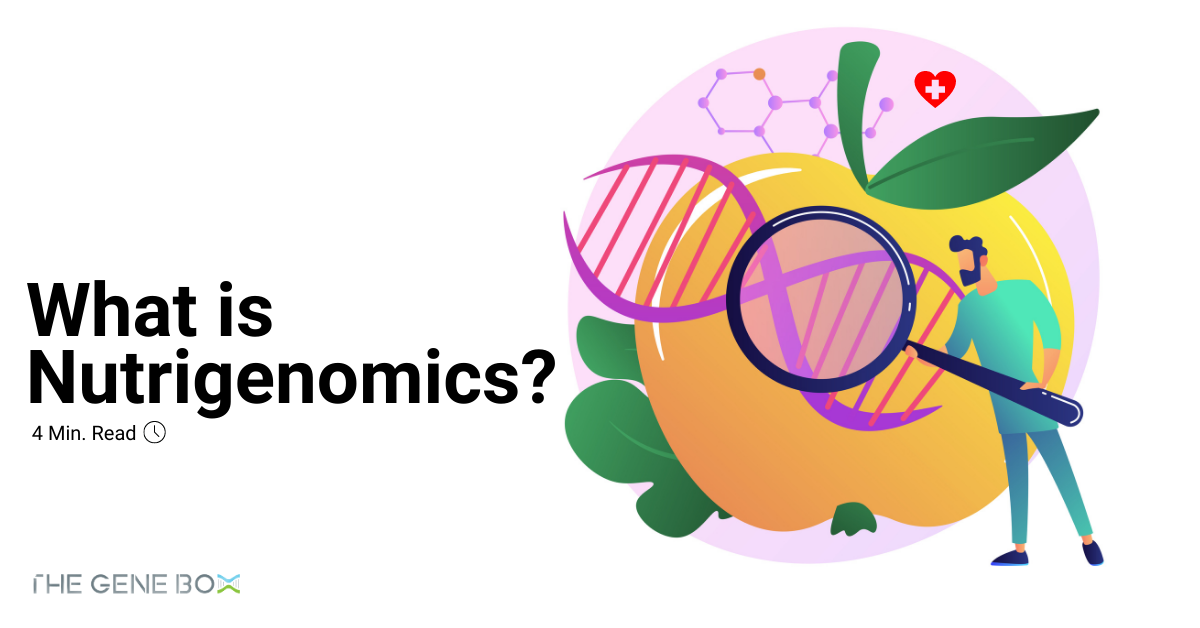


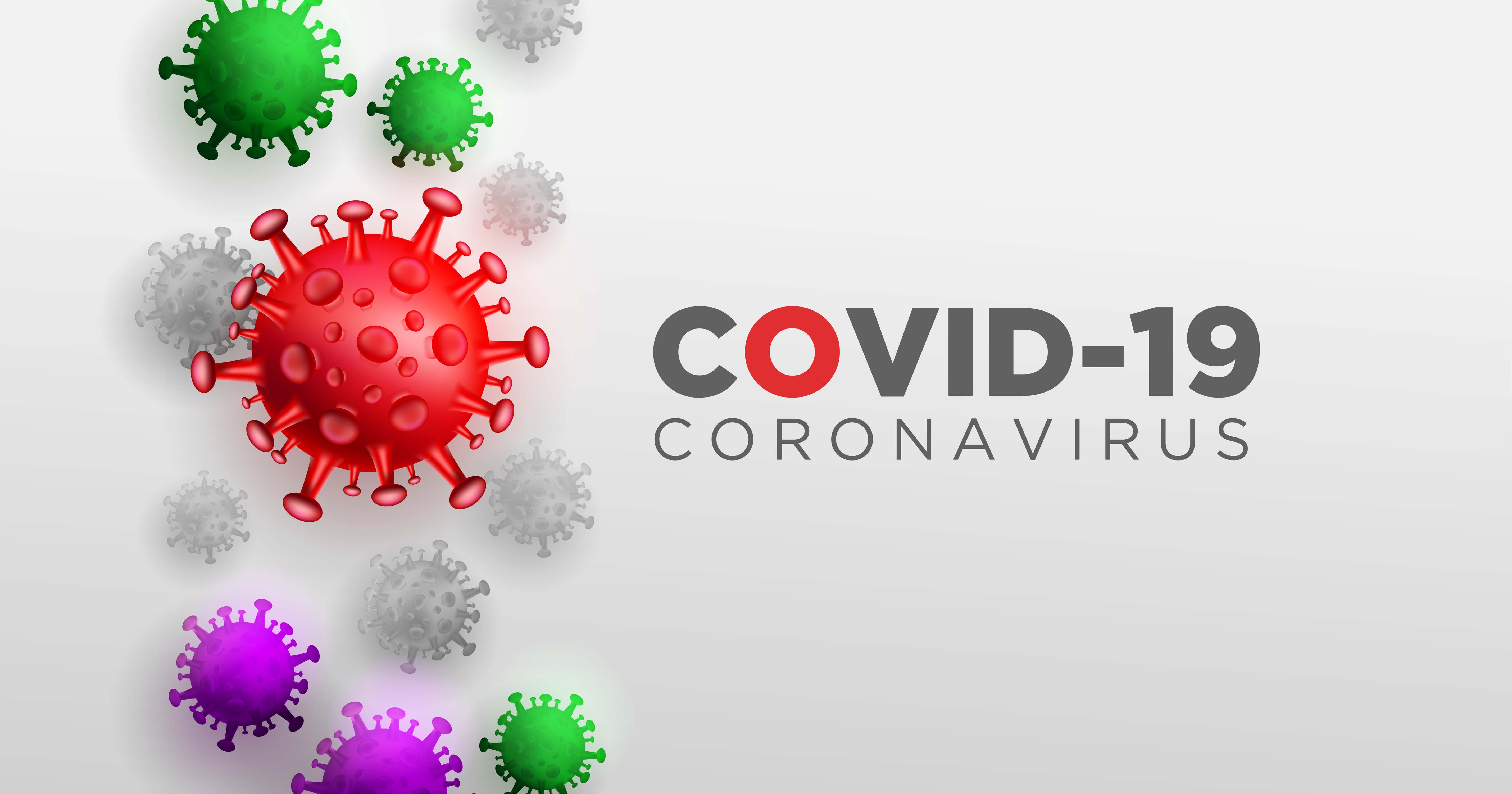
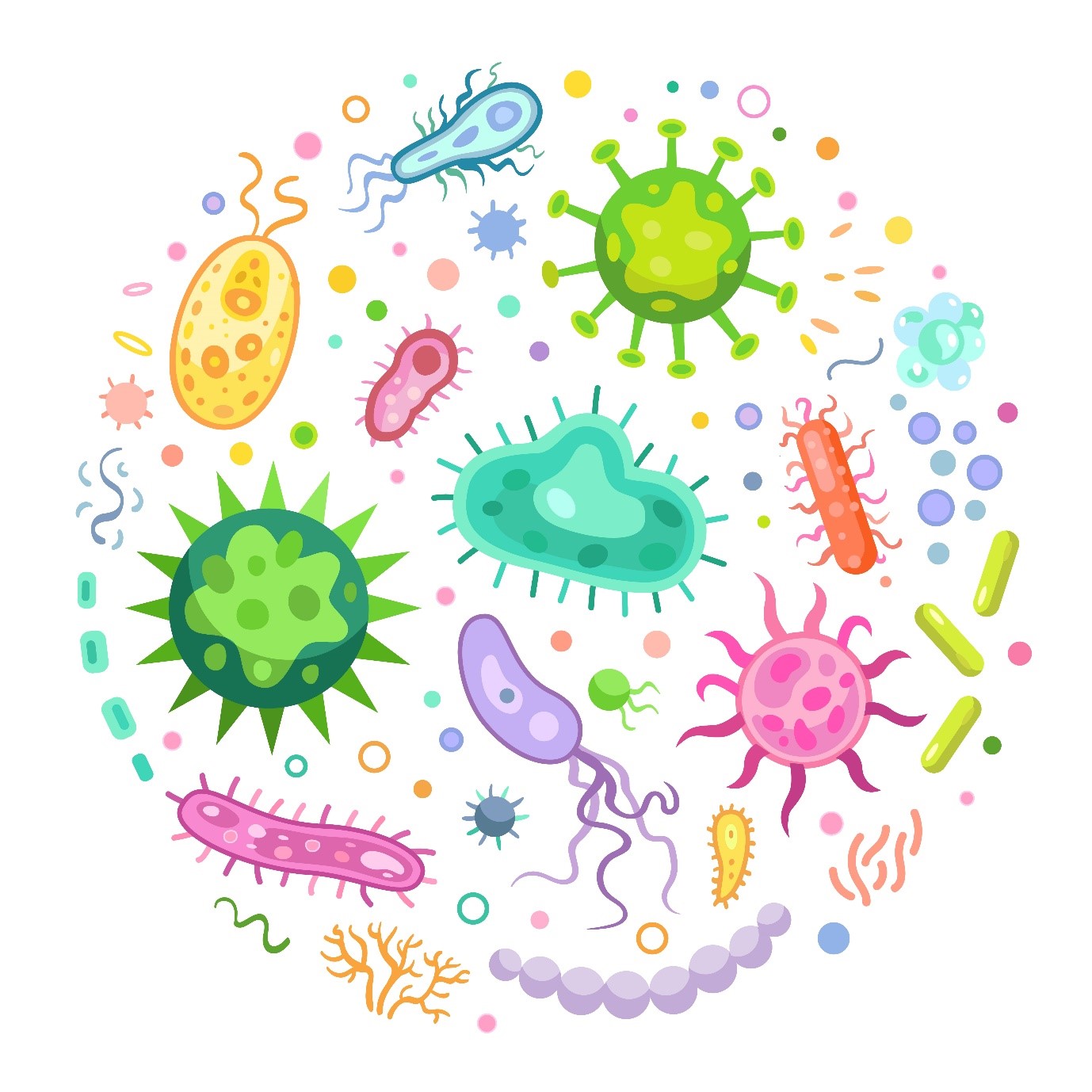

.png)






